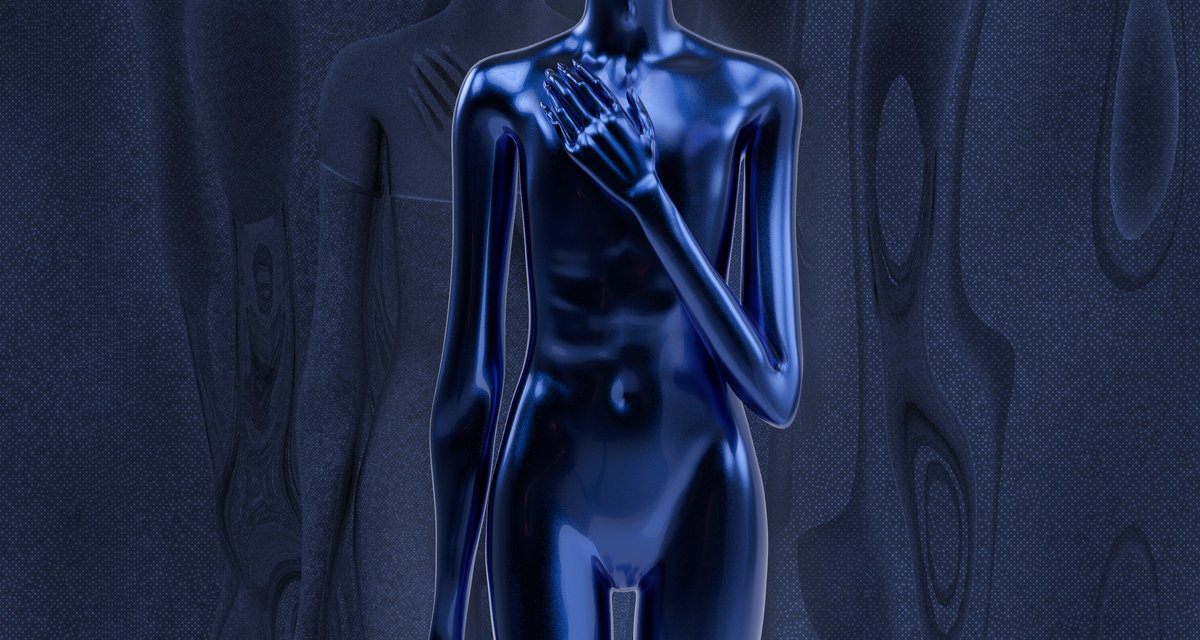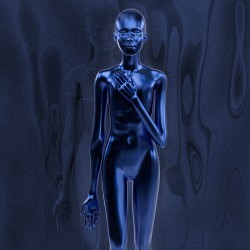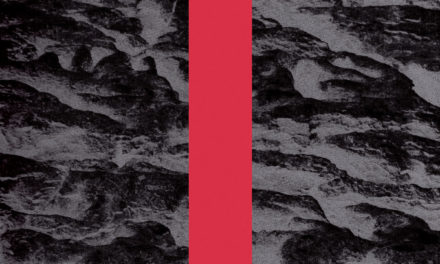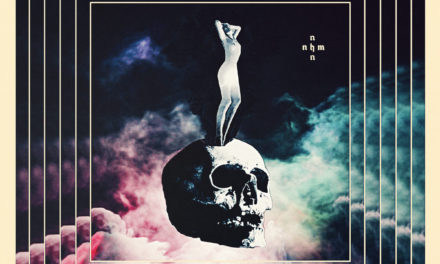Soho Rezanejad
Six Archetypes
Silicone Records
Our first taste of Soho Rezanejad’s Six Archetypes was the astonishing “Greed Wears a Disarming Face”, and there’s probably no better song to represent the album. At a full seven a half minutes, the track takes three quarters of its runtime to reveal itself, gradually building strength and momentum so when the the Copenhagen-based singer sneakily corrals the song into its final form the effect is absolutely stunning. And that’s Soho’s MO throughout all of her first LP; distancing herself from the electropop formalism of her 2015 EP Idolatry, she constructs and inhabits songs with unusual and elastic shapes and boundaries.
Much of Six Archetypes is made up of open stretches of sound, usually filled with some kind of synth pad or texture as backdrop. Those spaces becomes canvasses for Soho as vocalist, and for loose assemblages of instrumentation to coalesce into songs before drifting apart again. “The Russian” and “Pilot (The Guardian)” have identifiable sequences and melodies in them, but they aren’t put together in the ways we expect from electronic music, and are often allowed to run their own quioxtic course. When Soho does apply more rigid structure the effect is pronounced, as on the percussive “Reptile” where a drum loop pushes the song forward through pastures of reverbed-out vibrato guitar and big bending swells of synthesizer, or on ballad “December Song”, the record’s most traditionally melodic moment.
Were it not for the force of Soho Rezanejad’s personality the record might feel unfocused or vague. Instead, via both the gravity of her rich contralto, and her intensely personal invocation of the record’s theme – the titular six archetypes of Jungian psychology – the album coheres into a solid whole. Whether whispering in falsetto on “The Idealist”, delivering rapid-fire dialogue on gender on “Actor’s Monologue” or hitting controlled peaks on the diffuse “Soon”, she never conveys anything less than absolute control over her own voice. It’s a sense of authority so real and absolute that it bends every other musical element around its presence, lending heft and substance to the liquid arrangements.
Meaningful comparisons for Six Archetypes aren’t plentiful. You can draw parralels to Nico’s Desertshore, and it wouldn’t be outlandish to position the album’s final moments as sung in Farsi in the same category as most tragical moments of the later Coil catalogue. That the record can recall those touchstones without withering by the comparison is notable, and that Rezanejad can transcend them to stand on her own in their company is remarkable. Replete with passion and meaning, it’s a genuinely unique listening experience, and the unveiling of a special talent. Recommended.






